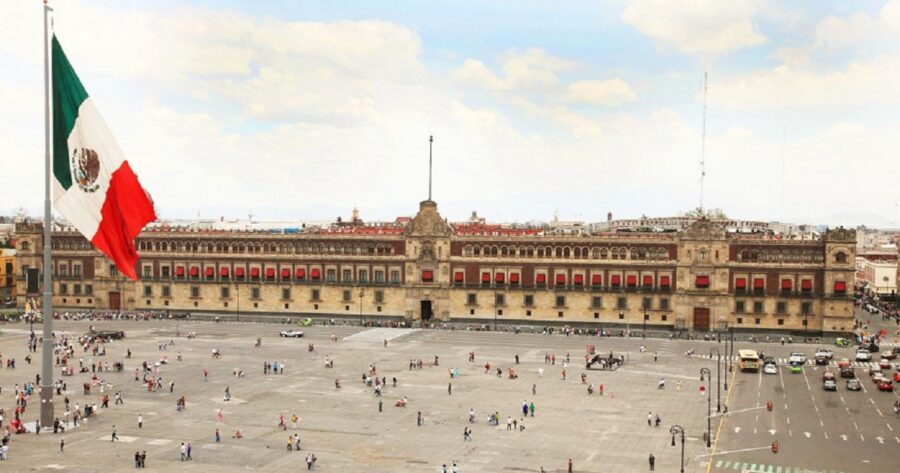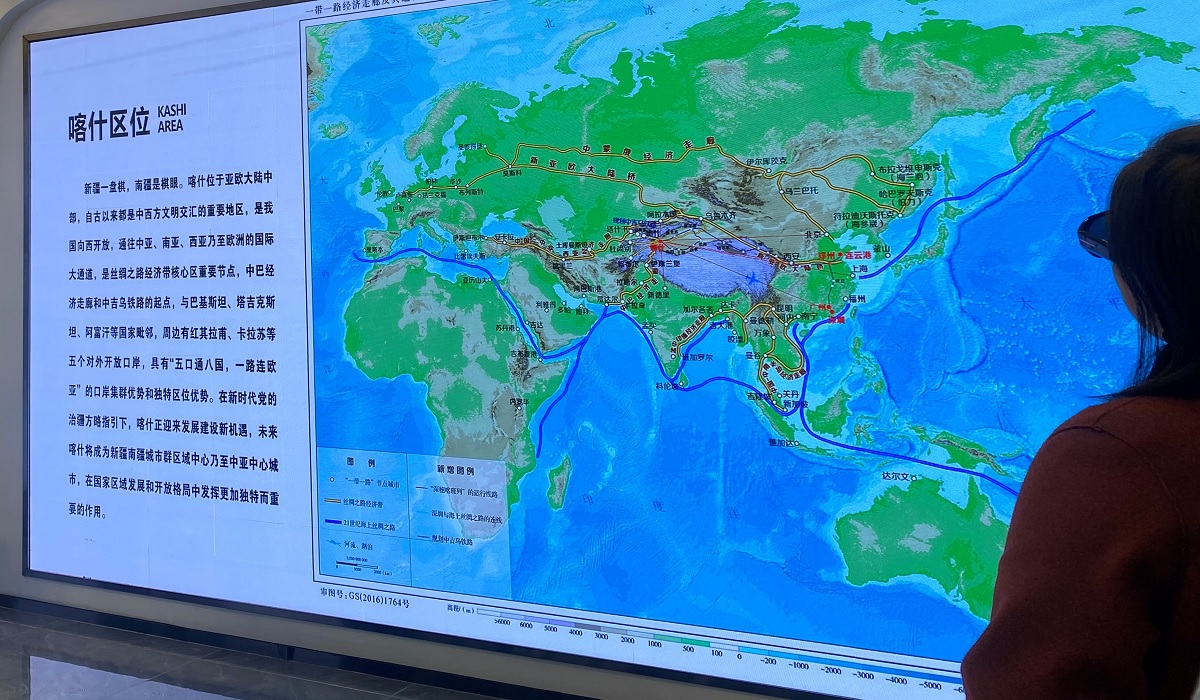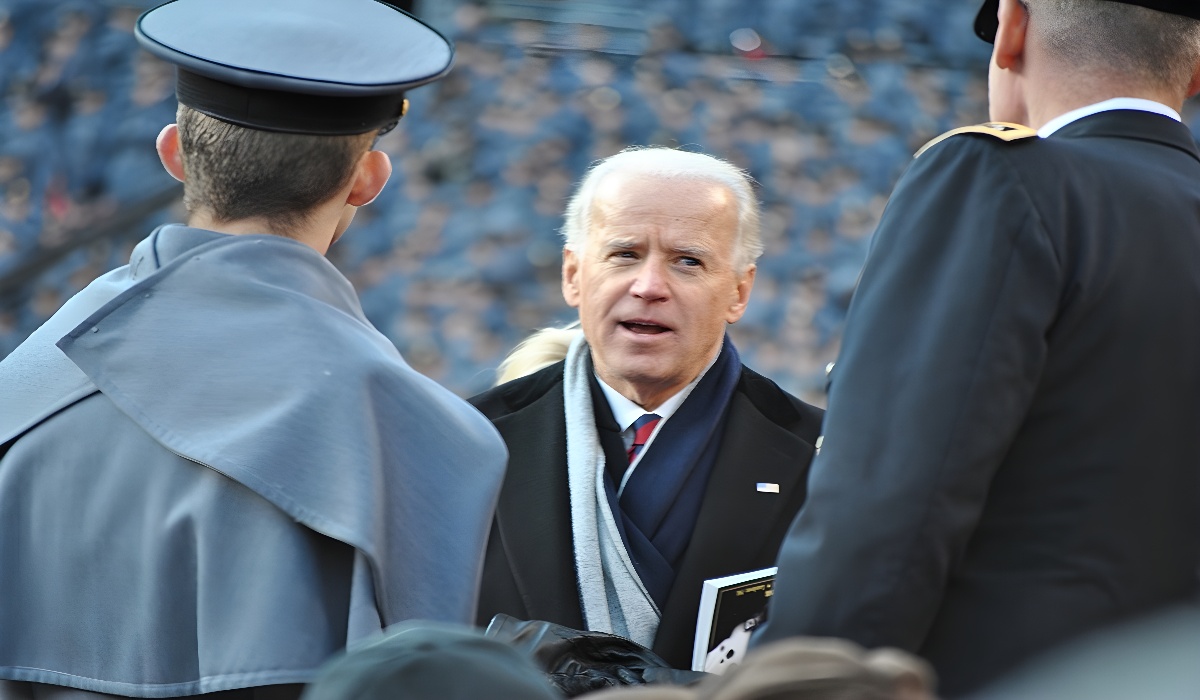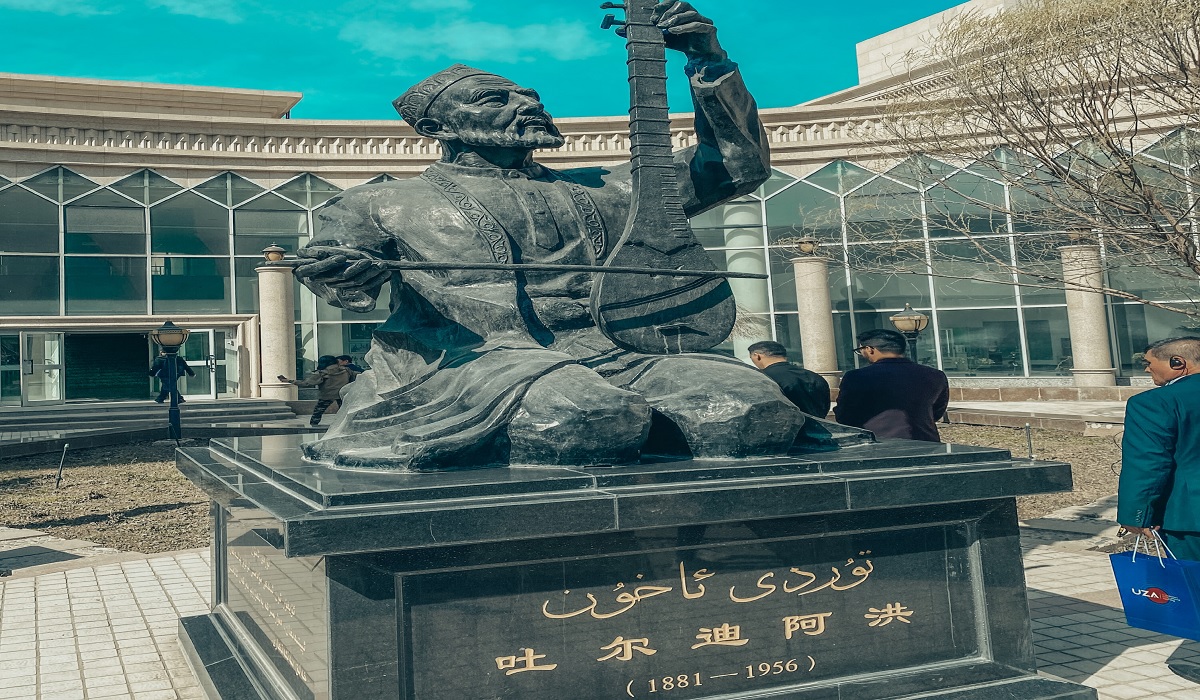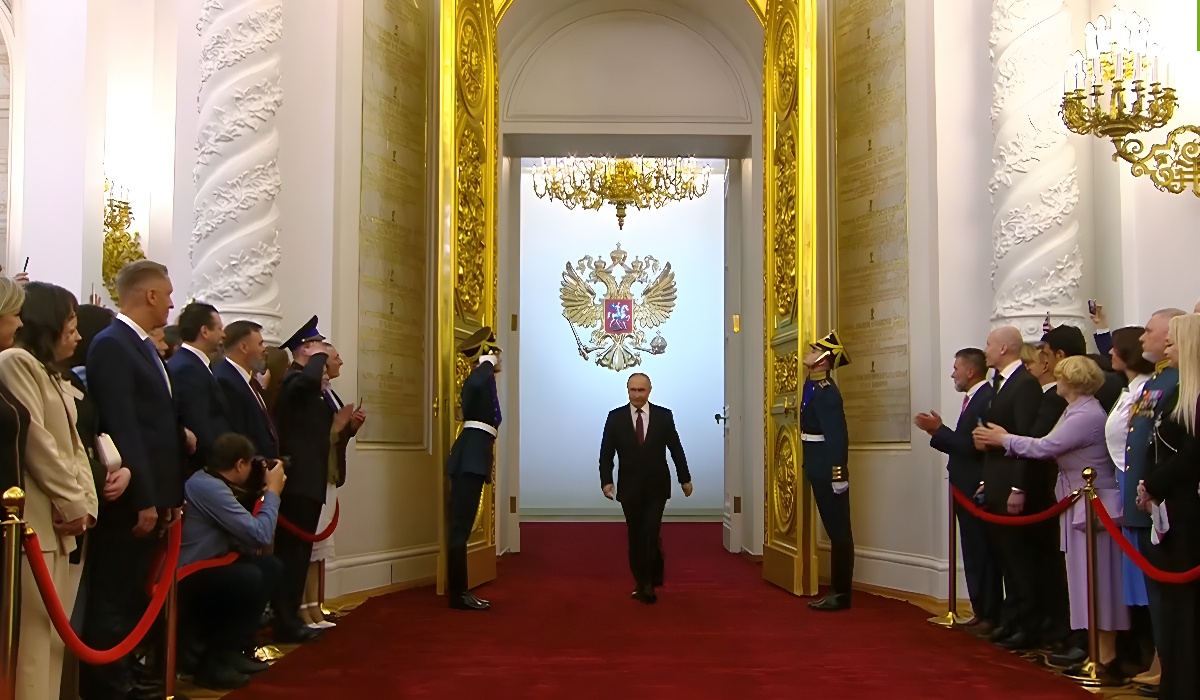Mexico’s political system is distinct in many ways, and one of the most notable features is the absence of a vice president. The last time Mexico had a vice president was in 1911 when President Francisco I. Madero took office. Vice President José María Pino Suárez conspired with General Victoriano Huerta to overthrow President Francisco Madero in a coup d’état led by conservative Generals. This event is known as the Ten Tragic Days, which ultimately led to the assassination of both Madero and Pino Suárez and José María Pino Suárez.
The question that arises with the absence of a vice president is what would happen if the current head of state, President Andrés Manuel López Obrador, were to resign, be deposed, or be overthrown. The Mexican Constitution stipulates that in such a case, if the President is not able to serve during the last four years of their term, Congress will choose someone else to be the Substitute President. This will happen in a secret vote, where the person with the most votes will become the Substitute President until new elections were held.
In 1994, President Carlos Salinas de Gortari’s vice president, Luis Donaldo Colosio, was assassinated while running for president, and this event led to political instability in the country. This history of political coups by vice presidents highlights the importance of having a designated successor and underscores the potential risks of not having one.
Despite the concerns raised by the absence of a vice president, Mexico’s political system has functioned without one for many years. The country’s political structure is centered around a strong presidency, where the president has significant powers to govern the country. Additionally, the absence of a vice president has allowed for greater flexibility in the appointment of cabinet members, as the president can appoint individuals based on their qualifications rather than political considerations.
The absence of a vice president in Mexico is a unique characteristic of its political system, which has functioned effectively without one for a long time. However, the potential risks of not having a designated successor underscore the importance of having a clear plan for succession. The history of political coups by vice presidents in Mexico’s past highlights the need for vigilance and stability in its political system. Despite the absence of a vice president, Mexico’s strong presidency and resilience make it a unique and formidable nation on the world stage.

